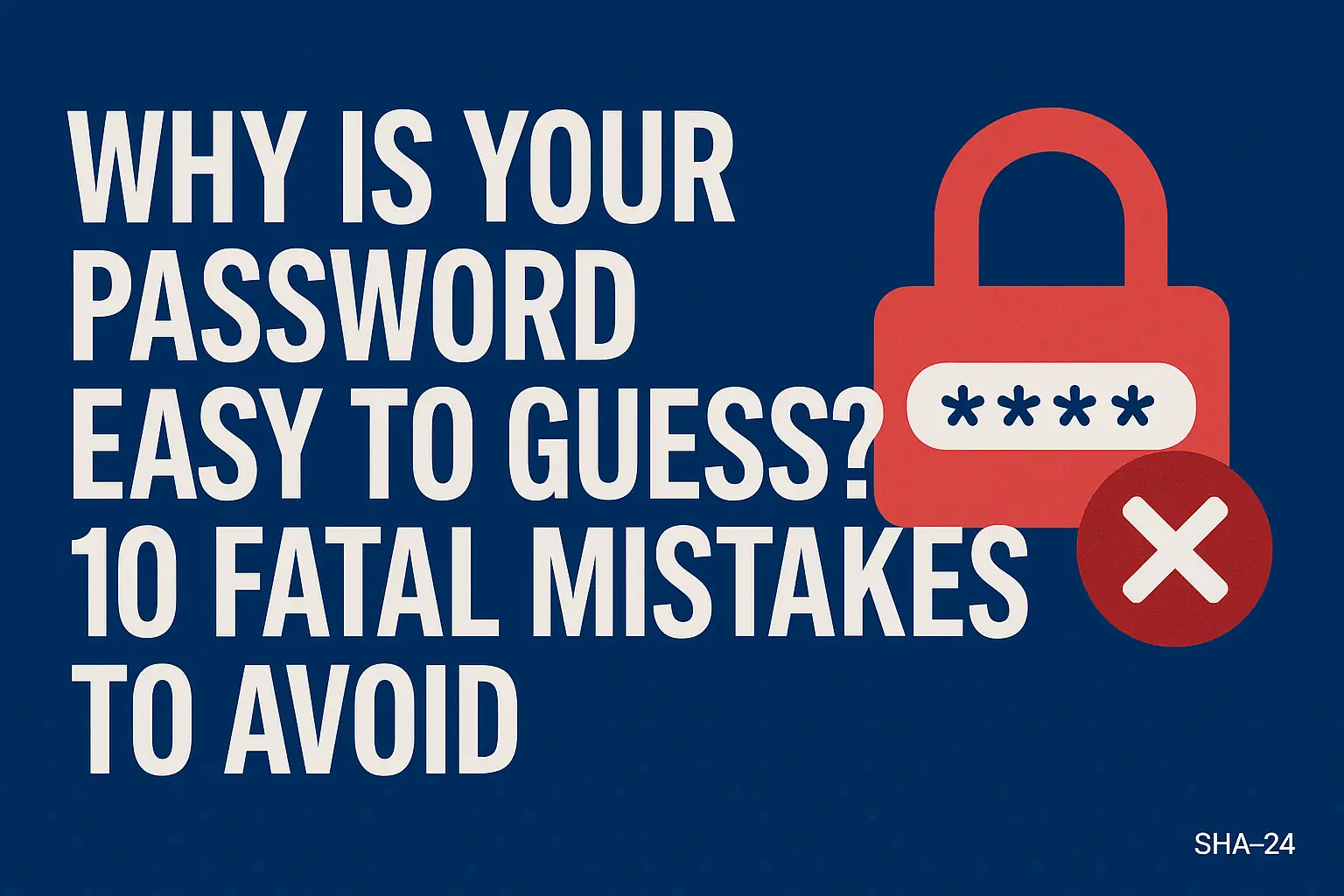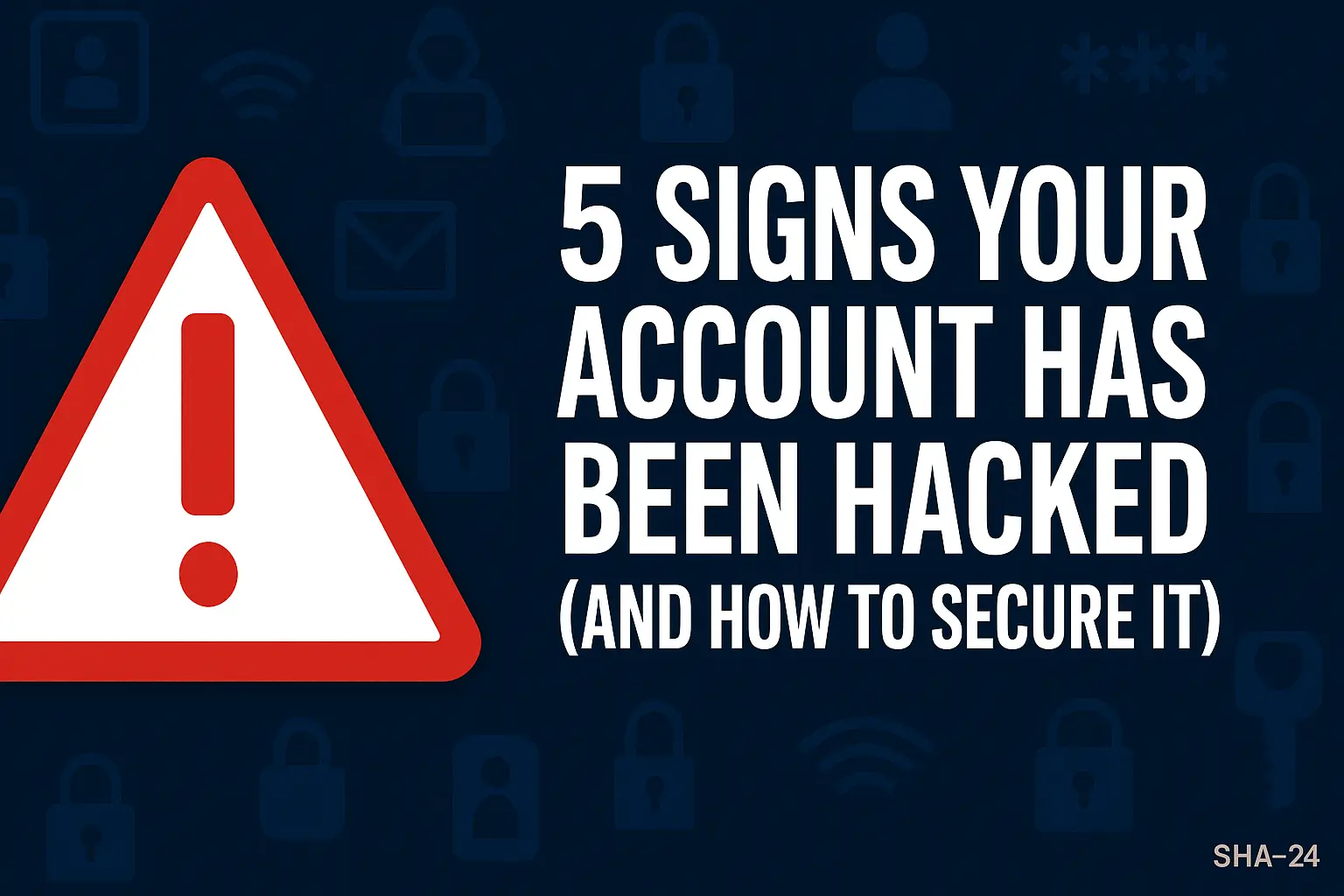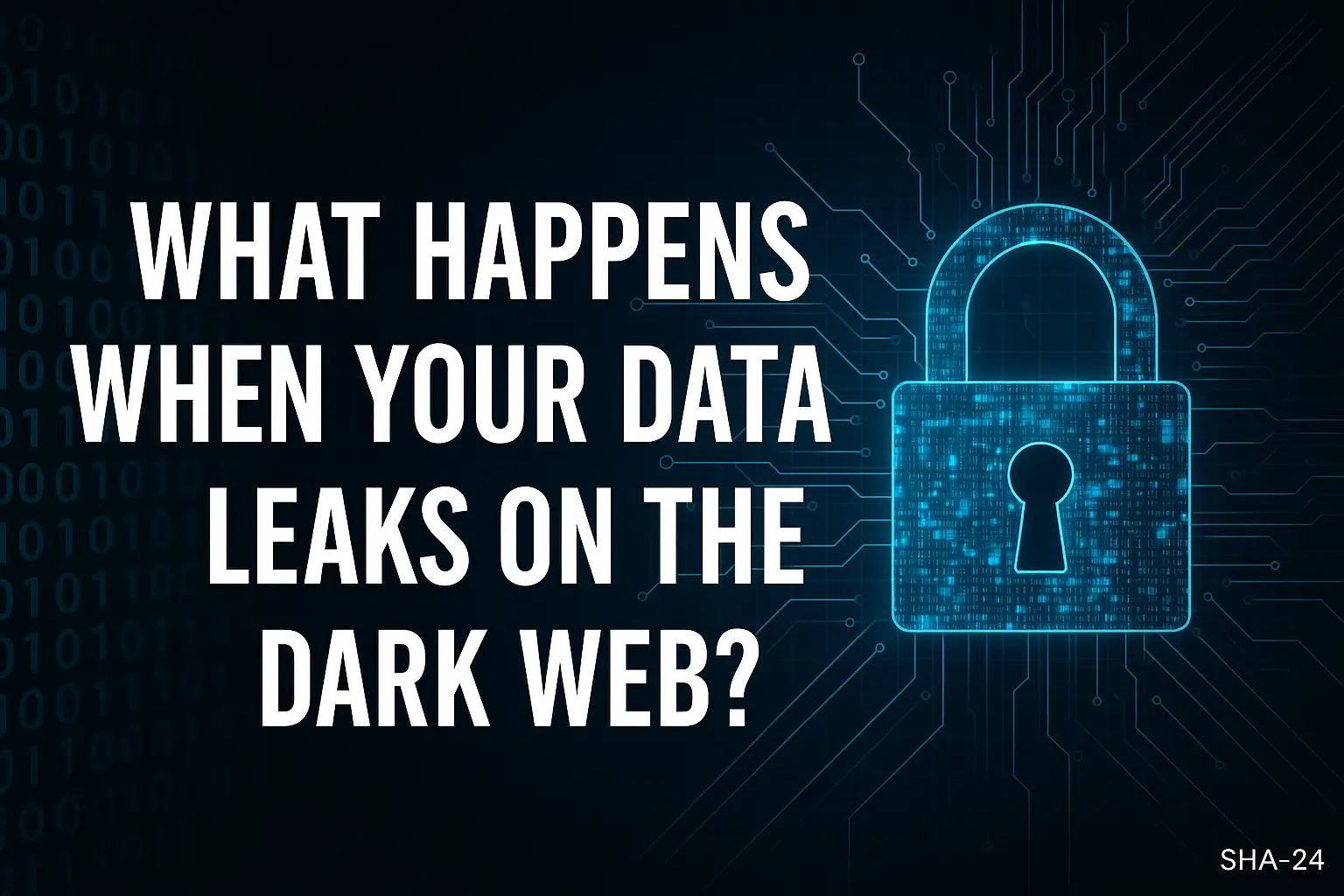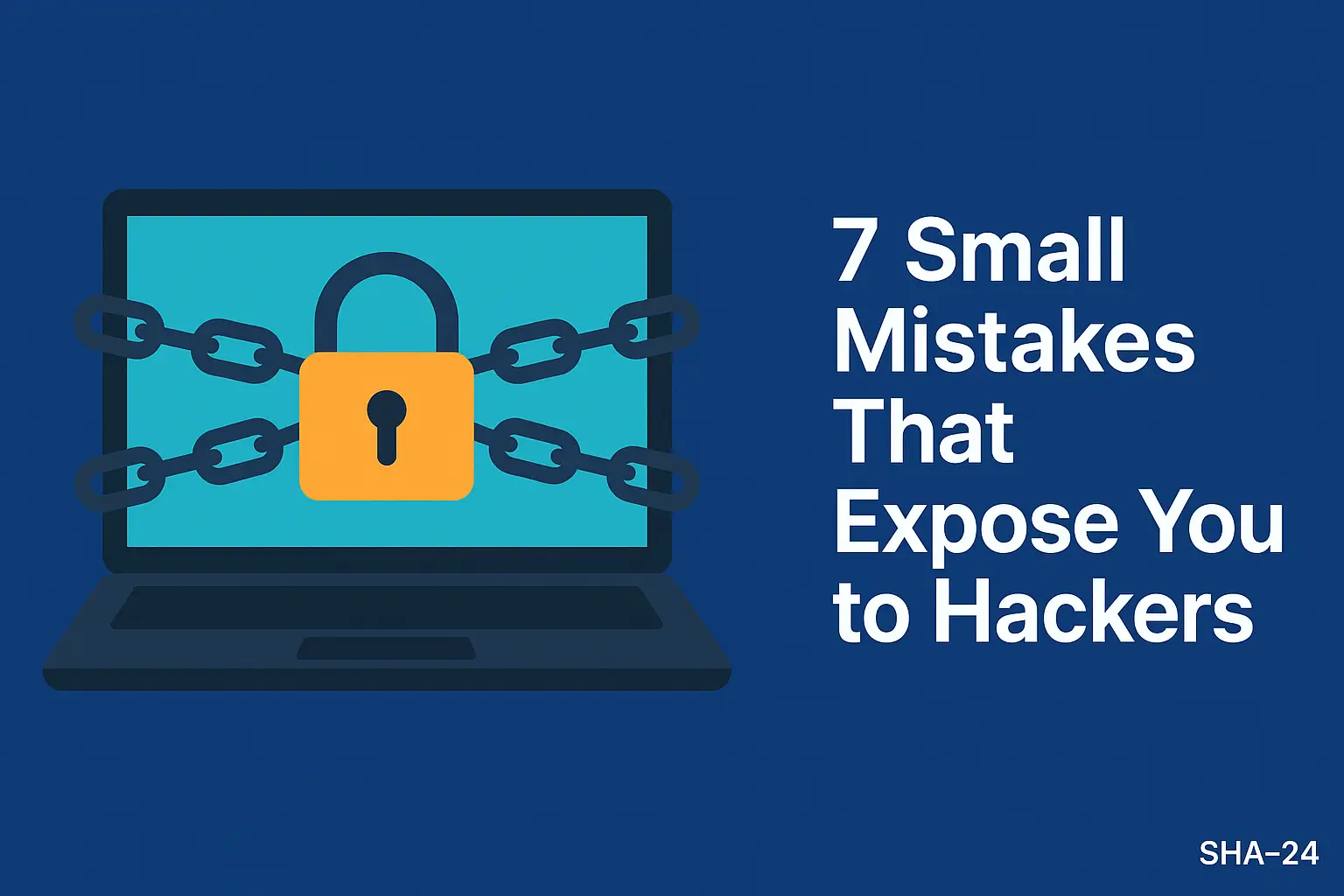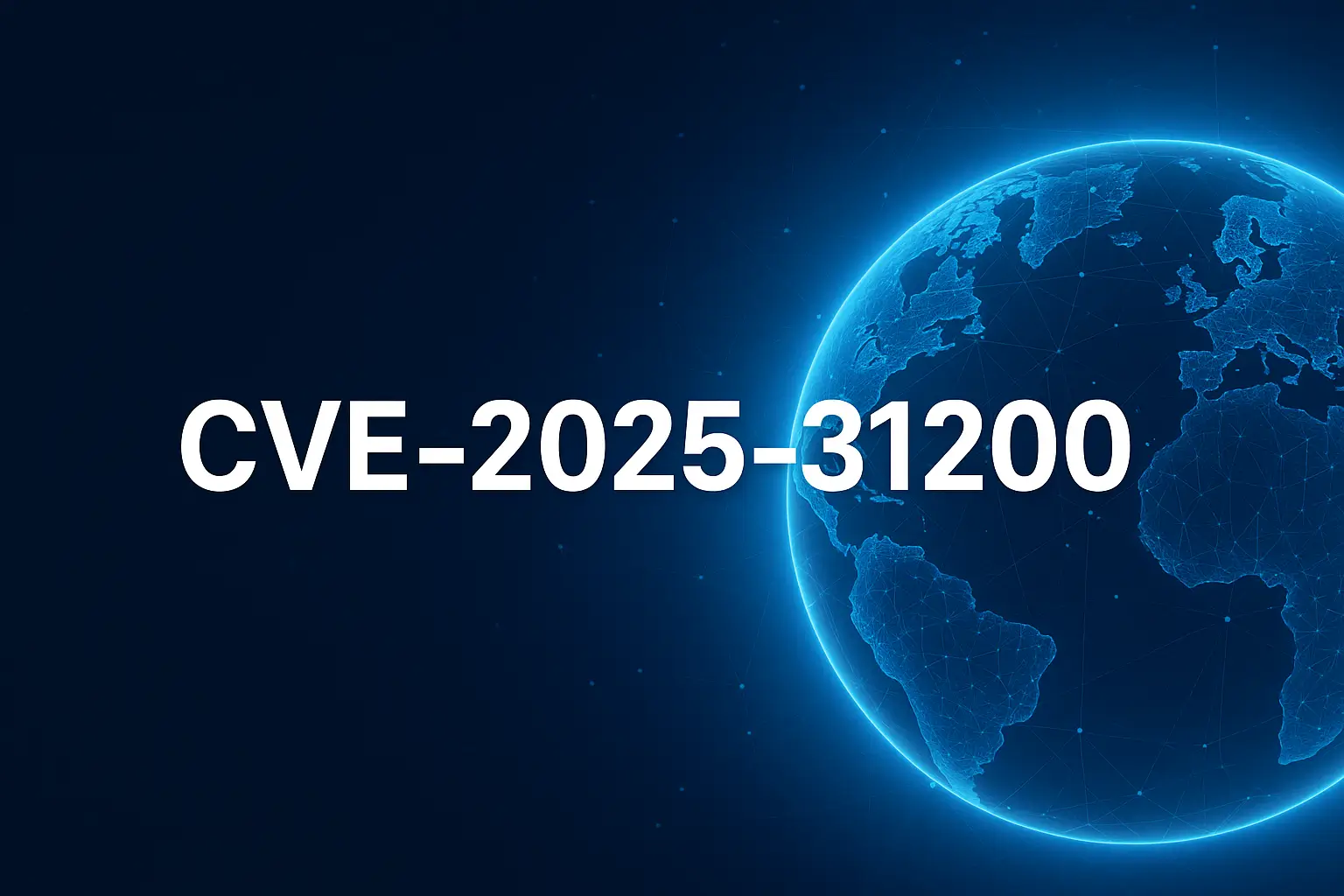Published on Jun 23, 2025
Free VPN: Protecting You or Putting Your Data at Risk?
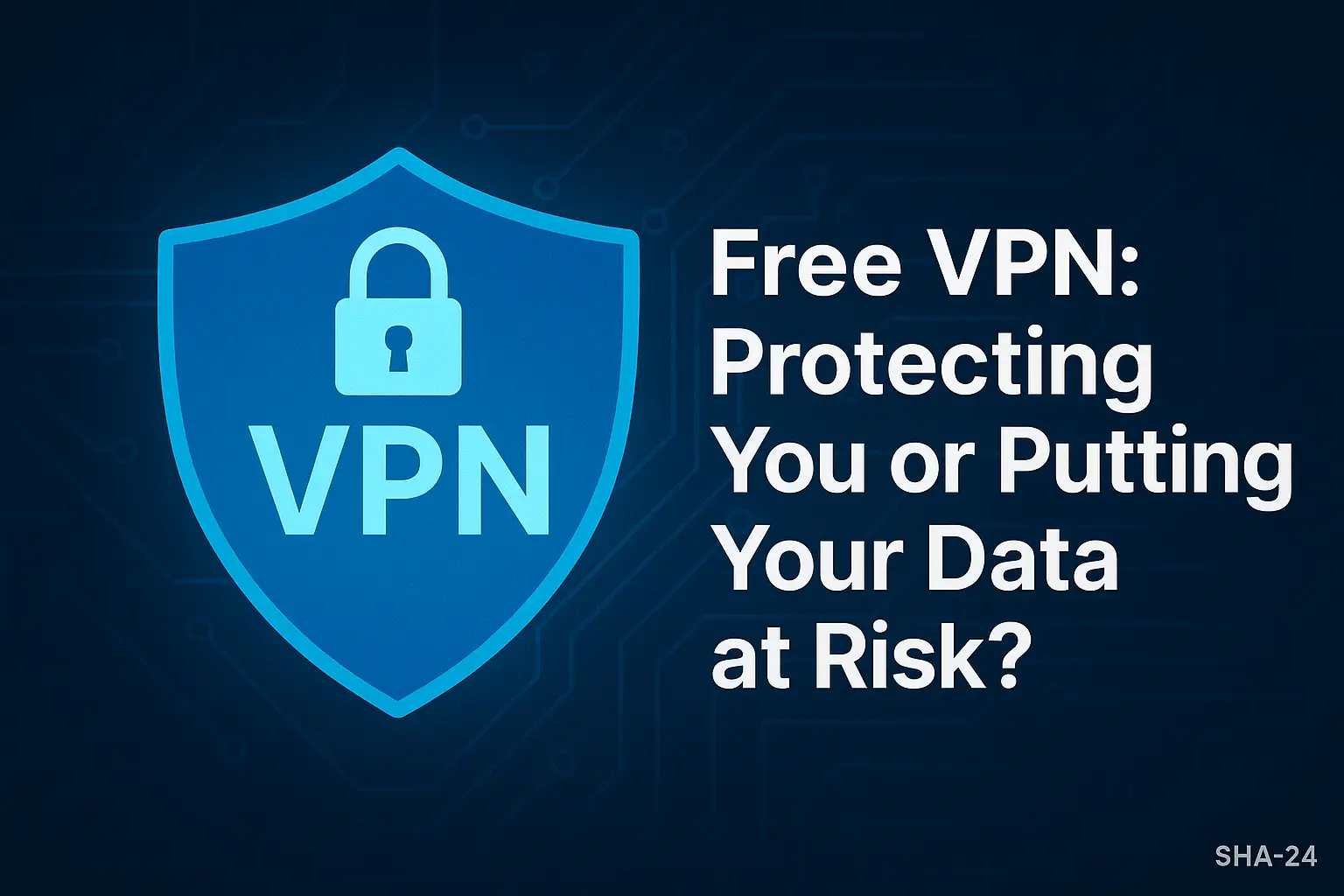
In an era where online privacy is increasingly under threat, Virtual Private Networks (VPNs) have become essential tools for digital protection. Free VPNs, in particular, attract millions of users with the promise of anonymity, security, and access to restricted content—without any cost. But are they truly the privacy shields they claim to be? Or are users unknowingly trading their data for “free” access?
This article explores the reality behind free VPN services, highlighting the advantages, hidden dangers, and how they compare to paid alternatives. Whether you’re a casual browser or a privacy-conscious user, understanding the implications of using free VPNs is crucial.
What is a VPN and How Does It Work?
A VPN (Virtual Private Network) is a technology that creates a secure and encrypted tunnel between your device and the internet. It masks your IP address and reroutes your internet traffic through remote servers, providing anonymity and protection against surveillance, censorship, and cyber threats.
Key functions of a VPN:
- Encrypts your internet connection
- Hides your IP address and location
- Bypasses geo-restrictions and censorship
- Protects data from hackers on public Wi-Fi
While the basic mechanism is the same across both paid and free VPNs, the differences lie in how your data is handled and secured.
Why Are Free VPNs So Popular?
Free VPNs are attractive for several reasons:
- Cost-free access: No subscription fees or hidden costs.
- Ease of use: Many are available as mobile apps or browser extensions.
- Instant access to blocked content: Useful for accessing geo-blocked websites or streaming services.
- No commitment required: Great for casual users.
However, the adage “If you’re not paying for the product, you are the product” often applies.
The Hidden Dangers of Free VPNs
Despite their appeal, free VPNs come with serious risks that users often overlook:
a. Data Logging and Selling
Many free VPNs log your browsing activities and sell this data to third parties like advertisers and data brokers. This defeats the primary purpose of a VPN—privacy.
b. Weak or No Encryption
Some free VPNs use outdated or weak encryption protocols, leaving your data vulnerable to interception.
c. Malware and Adware
Reports have found that many free VPN apps contain malware, adware, or spyware. These can compromise your device and steal sensitive information.
d. Intrusive Ads
To generate revenue, free VPNs bombard users with ads, which may also track user behavior.
e. Bandwidth Throttling and Speed Limitations
Free VPNs often impose data caps and speed limits, affecting streaming, gaming, and general browsing performance.
f. Fake VPNs
Some services posing as VPNs are outright scams designed to harvest user data.
Real-World Cases and Statistics
- Hotspot Shield was accused in 2017 of tracking users and redirecting traffic to affiliate sites.
- Facebook Onavo VPN collected user data for marketing insights, leading to its removal from the App Store .
- A 2020 study found that 38% of free VPNs tested contained malware.
- Over 80% of free VPNs request access to sensitive data that isn’t required for functioning.
These examples illustrate that using a free VPN can compromise, rather than protect, your privacy.
Paid VPNs vs Free VPNs: A Detailed Comparison
| Feature | Free VPN | Paid VPN |
|---|---|---|
| Price | Free | Monthly/Yearly fee |
| Speed | Often slow | Fast and consistent |
| Data Limit | Usually capped | Unlimited |
| Ads | Yes | No |
| Encryption | May be weak | Strong (AES-256, WireGuard) |
| Logging Policy | Often logs data | Strict no-logs policy |
| Customer Support | Limited or none | 24/7 support |
| Server Locations | Few | Wide range globally |
How to Choose a Safe VPN
To ensure your privacy, consider these factors when choosing a VPN:
- No-log policy: Look for independent audits verifying the no-log claim.
- Strong encryption protocols: Prefer OpenVPN , WireGuard , or IKEv2 .
- Transparent privacy policy: Always read the privacy terms.
- Reputable provider: Check reviews and security audits.
- Clear ownership: Be cautious with VPNs owned by anonymous entities or companies in countries with weak privacy laws.
Recommended Safe VPN Services
Here are a few reputable VPN services known for security and transparency:
- NordVPN : High-speed servers, audited no-log policy, CyberSec malware blocker.
- ExpressVPN : TrustedServer tech, fast performance, strong privacy laws (British Virgin Islands).
- ProtonVPN : Swiss-based, open-source, free tier with no ads or data limits.
- Surfshark : Unlimited devices, CleanWeb ad blocker, RAM only servers.
These services invest in infrastructure, security, and transparency, unlike many free alternatives.
Can Free VPNs Ever Be Safe?
Some free VPNs operated by reputable companies can offer limited, yet safe, services:
- ProtonVPN (Free): No ads, no logs, moderate speed.
- Windscribe (Free) : 10GB/month, good encryption, decent speed.
- Atlas VPN (Free) : AES-256 encryption, limited server access.
These free versions are sustainable because they act as gateways to their premium plans.
Best Practices When Using Any VPN
Regardless of whether you choose free or paid VPNs:
- Avoid logging into sensitive accounts via unverified VPNs
- Always update your VPN app regularly
- Read user reviews and community forums
- Monitor permissions requested by the VPN app
- Use antivirus software in tandem with VPNs
Conclusion: Think Before You Connect
Free VPNs may seem like a convenient solution to online privacy, but they often come at a hidden cost. From compromised security to unethical data practices, the risks can outweigh the benefits. While not all free VPNs are harmful, users must approach them with caution and awareness.
If your online safety truly matters, investing in a reputable paid VPN is a wise and secure choice. It’s not just about protecting your connection—it’s about securing your digital life.
Author’s Note: Always conduct your own research and avoid installing VPNs from unknown sources. Security is an investment, not a gamble.

